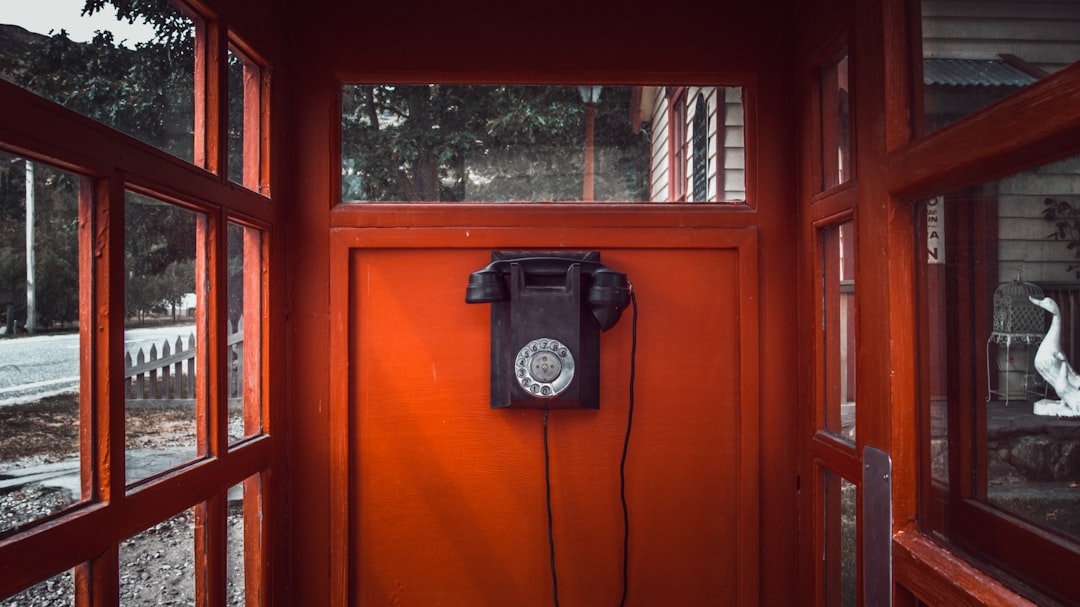St. Joseph, Michigan, has a rich history rooted in Native American connections and European settlement. From its humble beginnings to becoming a bustling industrial center, the city's growth was fueled by strategic location and transportation routes. Today, it preserves its heritage through historical societies managing museums, homes, and buildings, all while navigating and respecting modern Do Not Call Laws Michigan. The town has evolved with changing times, including developments in Do Not Call laws and the work of Do Not Call Lawyers Michigan to protect residents from unwanted legal communications.
“Discover the captivating history of St. Joseph, Michigan, a city that has evolved from Native American territory to an industrial powerhouse. Explore ‘The Early Settlement of St. Joseph’, where pioneers found their way and shaped the region. Dive into the legal side with our expert analysis of Michigan’s Do Not Call Laws, ensuring peace for residents. Witness the city’s rise as an industrial hub, complete with factories and railroads. Learn about the cultural landmarks and museums that preserve St. Joseph’s rich past, offering insights through exhibits. For legal expertise in Michigan, connect with top Do Not Call Lawyers dedicated to protecting citizens’ rights.”
The Early Settlement of St. Joseph: From Native American Territory to Pioneer Outpost

St. Joseph, Michigan, has a rich history that begins with its early settlement days. The area was once part of Native American territory, inhabited by various tribes who had deep connections to the land and its resources. These indigenous communities played a significant role in shaping the region’s culture and landscape for centuries. When European settlers began to arrive in the late 18th and early 19th centuries, St. Joseph emerged as a pioneer outpost, marking a transition from Native American territory to a burgeoning settlement.
The pioneers who ventured into this territory faced numerous challenges, including navigating uncharted landscapes, establishing trade routes, and building communities amidst wild and untamed environments. The Do Not Call laws of Michigan, which have since evolved to protect residents from unwanted legal communications (including those from law firms), were not yet in place during these formative years. Instead, the focus was on survival, cooperation, and the establishment of a new way of life, laying the groundwork for what would eventually become a thriving community like St. Joseph today.
Do Not Call Laws and the Legal Landscape: A Historical Perspective from Michigan

In Michigan, Do Not Call laws have evolved significantly over time, reflecting changes in communication technology and consumer protection needs. These regulations aim to prevent unwanted phone calls, especially from telemarketers and spam call law firms, by providing residents with a way to opt-out of such contacts. Historically, the Do Not Call list in Michigan was primarily managed by the Michigan Attorney General’s Office, which empowered citizens to register their phone numbers to avoid unsolicited sales calls.
Over the years, as new communication channels emerged, so did legal adaptations. Today, Michigan law firms and lawyers specializing in Do Not Call laws, such as those offering services from a Do Not Call lawyer Michigan or seeking representation from Do Not Call attorneys Michigan, play a crucial role in ensuring compliance with state and federal regulations. These experts help businesses navigate the complex legal landscape, advise on best practices to avoid violating Do Not Call rules, and provide remedies for individuals who feel their rights have been infringed upon by spam call law firms Michigan or similar entities.
The Rise of St. Joseph as a Industrial Powerhouse: Factories, Railroads, and Growth

In the late 19th century, St. Joseph emerged as a thriving industrial center, transforming from a small settlement into a bustling metropolis. The city’s strategic location along major transportation routes, including rivers and railroads, played a pivotal role in its rapid growth. Factories sprang up, driven by the abundance of natural resources and a robust workforce attracted by the region’s burgeoning economy. This industrial boom solidified St. Joseph’s position as an essential manufacturing hub, contributing significantly to Michigan’s overall economic development.
The establishment of numerous railroads further fueled this rise, connecting St. Joseph to other major cities and facilitating the efficient transport of goods. As a result, the city experienced a population surge, drawing in workers from diverse backgrounds who sought opportunities in its thriving industrial landscape. This era marked a pivotal moment in St. Joseph’s history, shaping its identity as a resilient and dynamic community with strong roots in manufacturing and transportation.
Preserving History: Cultural Landmarks and Museums in St. Joseph, Michigan

St. Joseph, Michigan, boasts a rich history that offers a unique glimpse into its past. Preserving this heritage is a priority for the community, and they’ve taken significant steps to ensure their cultural landmarks and museums tell the story of this vibrant city. The St. Joseph Historical Society plays a pivotal role in maintaining the town’s historical integrity by operating several sites and collections. Their efforts have created a sanctuary for the region’s past, making it easily accessible for locals and visitors alike.
The society operates a local museum, showcasing artifacts that illustrate the area’s development from its Native American roots to its thriving industrial era. This cultural hub also includes historic homes and buildings, carefully restored to their former glories. By engaging in these initiatives, St. Joseph stands as an example of a community valuing and protecting its history, ensuring that stories of the past are not forgotten but instead become living testaments for future generations, while also steering clear of any lawyer-related nuisances like spam calls with Do Not Call Laws firmly in place in Michigan.






